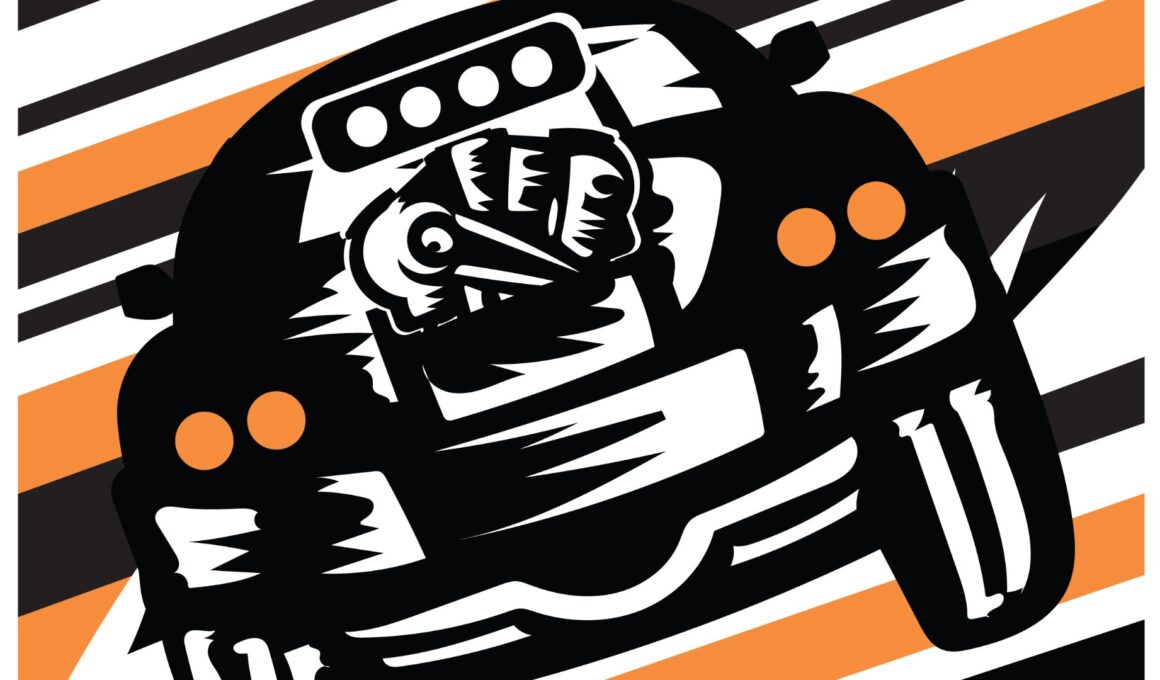When you see a guy drive down the road in a big flashy sports car, you might find yourself claiming that they are just ‘overcompensating’. But what does that really mean? Is it really likely to be the case?
And is a car sometimes just a car?
The Origin of Overcompensation
Overcompensation is a term that has its roots in Freud’s psychodynamic approach to psychology. This is the classical description of the human psyche that divides our personalities into three distinct entities: an id, ego and superego.
The ego is the part of the brain that we are conscious of. This describes our personality as we’re aware of it and our internal monologue. Our id meanwhile harbors all of our more primal desires and urges, while our superego is where the socially responsible part of our psychology is housed. Some of the thoughts and impulses created by the id and superego are highly stressful though and could be damaging to our ability to function. This is when our ‘ego defence mechanisms’ kick in and we start to deny, repress or project these thoughts and feelings in order to protect ourselves.
So, if you had a particularly traumatic experience, then you might ‘repress’ the memory, meaning that you forget it ever happened as a way to protect your self-view so that you can carry on going about your regular activities.
Likewise, if you have an urge to have sex with someone that you know you shouldn’t, this could cause damaging conflict between your ego and superego. Thus you might respond with ‘reaction formation’ (meaning that you claim to have the opposite feelings and feel repulsed by that individual) or again, you may repress the impulse.
Ego defence mechanisms allow us to function normally and deny our baser impulses or overwhelming sense of guilt but they can be unhealthy if we remain in denial for too long.
Overcompensation is just one more example of an ego defence mechanism and occurs when we feel inadequate in some way compared with our peers or our own expectations. Thus, we then attempt to combat this feeling in a similar manner to reaction formation – by claiming the opposite, or more specifically, by finding some aspect of ourselves that we can be proud of.
So, that classic example is the sports car. And the insinuation that many people make here is that the sports car is a form of overcompensation for a small penis.
Because with Freud, it always comes down to a small penis…
More Examples of Overcompensation
The Napoleon Complex
One of the best examples of overcompensation is manifest in the Napoleon complex. This is an example of overcompensation pertaining specifically to physical height – wherein an individual is small in stature and therefore feels the need to make themselves feel bigger by being louder, more aggressive or generally more ‘in your face’.
This is also a theory among pet owners as to why the smallest dogs tend to be the yappiest!
Bodybuilding
Another common accusation is that bodybuilders build up their muscles in order to make up for smaller measurements in other areas…
Arnold Schwarzenegger’s rebuttal to this was that he was already so large in that area that he started bodybuilding simply to try and make sure everything was proportionate!
Splashing Cash
A lot of guys who are insecure in their masculinity will attempt to project status by splashing their cash. These are the people who cover themselves in bling and pay for everything in cash to try and demonstrate just how successful they are. Very often, they are severely lacking in other aspects of their confidence (even if they aren’t consciously aware of that!).
Big Guns, Big Cigars, Big Cars
In the third Pirates of the Caribbean movie, Captain Jack gets out his telescope and extends it, only for Barbosa to pull out his and extend it even further. The joke is obvious and in general, men are perceived as being attracted to owning the largest ‘thing’ because they are making up for shortcomings in their other ‘thing’. Guys carrying around massive guns may not feel ‘massive’ elsewhere. People driving monster trucks may feel small too.
This can also be seen as an example of another defence mechanism, known as ‘sublimation’. Here, you project your feelings for one item onto another item. Thus, sucking on a massive cigar could be seen as an example of repressed homosexuality or an oral fixation.
This was pointed out to Freud – you know, the guy who came up with all this – who said ‘sometimes a cigar is just a cigar’.
Seems like double standards, don’t you think?
So, is There Truth in Overcompensation?
So, that’s an explanation of overcompensation… is there any truth in it?
Over the years, Freud’s approach to psychology has waned in popularity. His tendency to link everything back to sex and the untestable nature of his theories have led to disenchantment in the scientific community.
However, some ideas of his still hold up on the whole and the ego defence mechanisms are among those. While the concept might not be highly scientific, it is nevertheless backed up by a lot of anecdotal evidence and many of us know people in our lives who are clearly overcompensating.
Sometimes a cigar is just a cigar. Liking bodybuilding, fast cars or big guns does not mean that you have a small penis or a lack of confidence.
But if you know a poser in your life, then it’s certainly food for thought. Perhaps they’re not as confident as they seem?




